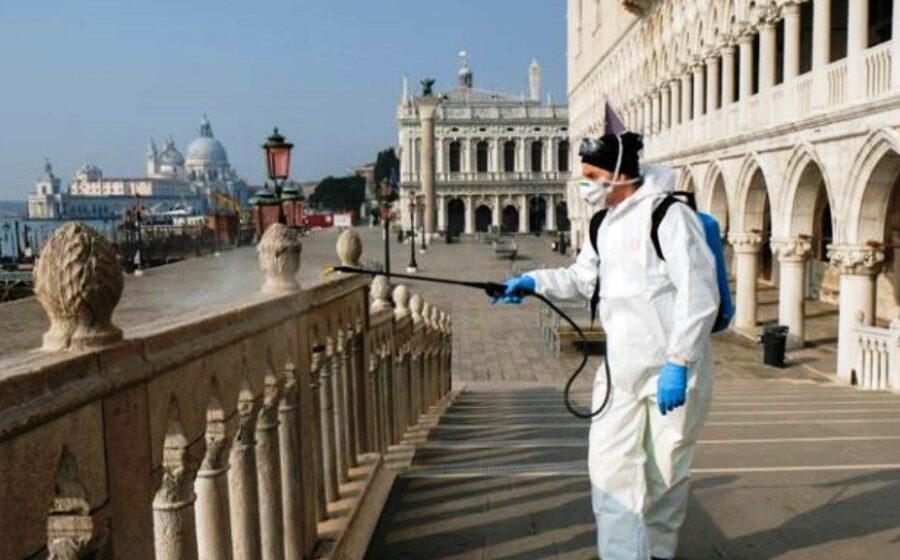More than 60 percent of all cases of and deaths from COVID-19 reported globally last week were, once again, in Europe, the head of the World Health Organization has said.
This has placed significant pressure on health systems and impacted already-exhausted health workers, WHO director-general Tedros Adhanom Ghebreyesus told a media briefing on Wednesday.
The WHO has raised concern over a false sense of security in many countries and communities who think that vaccines have ended the COVID-19 pandemic, and that those who have been vaccinated do not need to take any other precautions. He stressed that while vaccines do save lives, they do not completely prevent COVID-19 transmission.
“Data suggests that before the arrival of the Delta variant, vaccines reduced transmission by about 60 percent. With Delta, that has dropped to about 40 percent,” Tedros said.
“If you are vaccinated, you have a much lower risk of severe COVID-19 disease and death, but you are still at risk of being infected, and of infecting others.”
He urged people who are vaccinated to continue to take precautions to prevent being infected or “infecting someone else who could die.
“That means wearing a mask, maintaining distance, avoiding crowds and meeting others outside if you can, or in a well-ventilated space inside,” Tedros said. “We continue to call on all governments to implement a comprehensive and tailored approach of public health and social measures to prevent COVID-19 transmission, take the pressure off health systems and save lives.”
The WHO warned that although Europe is once again the epicenter of the pandemic, no country or region is completely out of the woods.
It is vital, he continued, for “countries to surge their capacities now to ensure the right measures are in place to avert the worst consequences of any future waves”.
The WHO has also once again stressed the importance of vaccine equality. Tedros said many people who should have been vaccinated in low-income countries are missing out and are at greater risk of serious illness or dying from COVID-19.
Through various initiatives aimed at equitable access to COVID-19 vaccines, such as the COVAX program, Tedros said manufacturers and governments can “easily prioritize sharing doses with those countries that have been starved of supply, so that they can protect their most vulnerable”.
Countries should also have access to rapid tests and new treatment options as a way to keep track on where the virus is, he said, and of what measures can be taken to slow the spread and treat those that need help.



